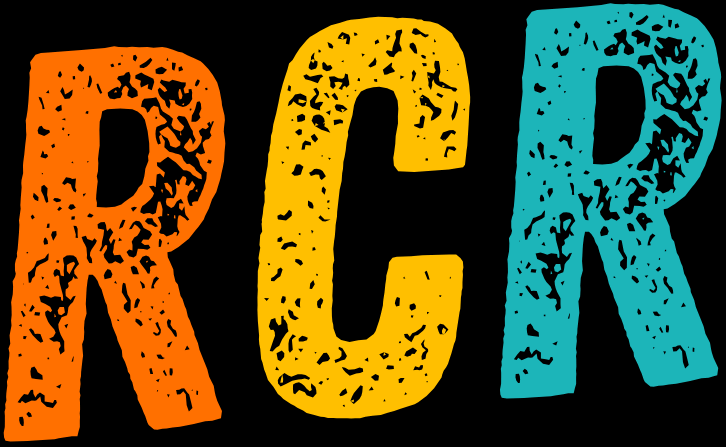
Could anything have saved it?
The real surprise is not that Newshub is going under but that it’s lasted this long.
TV3 started broadcasting in November 1989, almost 35 years ago. It was a different era. There was no Sky, no digital platforms and the new kid on the block was going head to head with TVNZ. News was a major battleground.
But the company was in receivership within months, the news ratings were terrible from the start and seldom matched TVNZ in the ensuing years.
Under its various incarnations (Three News, 3 News and then Newshub) it’s had some good periods. But the sad reality is that in nearly three and a half decades the number of days when its flagship 6pm show outrated 1 News in total audience (those aged five and over) could probably be counted on the fingers of one hand, and certainly two.
Their big nights were usually after blockbuster events such as the Lennox Lewis/David Tua world championship bout in 2000.
TV3’s 6pm show often did well in key demographics such as 18–49 and 25–54, success which for a time would have edged the news operation towards washing its face.
That’s not to say Newshub has delivered a poor product. On the contrary, it’s often been a sharper, crisper presentation with classier graphics and, especially in recent years, a more functional set and far better groomed presenters and reporters.
There can be no denying the talent that has been nurtured and flowered over the years too.
Ironically they started badly with a retreaded Philip Sherry, a newsreader with a TV pedigree going back to the 1960s. It was an ill-advised move for a brash new operator in the late 1980s.
But they recovered from that early blunder and the likes of John Hawkesby, Carol Hirschfeld, John Campbell, Hilary Barry, Mike McRoberts and Samantha Hayes deserved better audiences for their talents.
TV3 as a separate entity has seldom been profitable. It would seem only for a brief period under Canadian company Canwest’s management and subsequent ownership from 1991 to 2007 that operations were in the black.
Canwest sold out to private equity for $386 million in 2007 and things were never the same afterwards. There was another receivership in 2013 and the company, by now called Mediaworks, was for some time only kept afloat by the success of its music radio stations.
Mediaworks sold the television operation to Discovery in late 2020 but even the expertise and the deep pockets of the American media giant, who in turn merged with Warner Brothers, could not keep the company’s head above water.
Newshub remained a major cost centre and when the parent company reported a loss in excess of $32 million last year, the writing was on the wall.
Much commentary on the day of Newshub’s demise talked of how it’s sad a liberal democratic nation like New Zealand is losing a media voice and that the landscape will be the poorer for it.
But it won’t really. The reality is that Newshub, like every other mainstream media outlet, was not a truly independent voice. It was in lockstep with every other MSM outlet on the significant matters of our time — Treaty issues, climate and Covid. It didn’t offer any alternative views. Its political coverage, especially since the election, has regularly — like 1News — presented anti-government views on policies the coalition parties campaigned on and were elected on.
As Newshub wobbled towards its demise was there ever any thought given to changing the editorial stance? Was there ever any eye turned towards the success of right-leaning networks in the US, Australia and Britain?
I doubt it very much. The leadership in recent times has been dominated by women for whom a challenge to the prevailing narrative of the Jacinda years would have been a step too far.
But the success of more right-leaning media outlets such as Newstalk ZB and to a certain extent The Platform suggest there may have been some fertile ground to till.
It’s too late now. In this economic climate, and with the era of free to air television coming to an end, New Zealand will be down one MSM news outlet just after the winter solstice.
The chances of something taking its place in a form we’re familiar with are next to zero. Newshub may not be the only casualty of the media scene this year either — here’s looking at you Stuff — but in reality it’s neither a surprise nor particularly troublesome.
Yes it’s sad for those who work there and they will struggle to find another job in a rapidly condensing media industry. There might not be that many cosy “government relations” or “communications” roles for them to go to either.
We have too many media outlets in this country. Modern technology makes it easy to get up and running. Heaven forbid, any old hack can distribute his rantings everywhere through this marvellous thing called Substack!
Broadcast news in New Zealand is a relatively young industry. Regular radio bulletins only began in 1962 and networked TV news seven years later.
But it’s an industry which has seen its heyday.
There will always be an appetite for news and commentary but the end of Newshub signals that in a not too distant future the way we impart and receive that content will be much different to what we’ve been used to for the last 65 years.
For more from Peter, listen to Pete's Ponderings on RCR.
